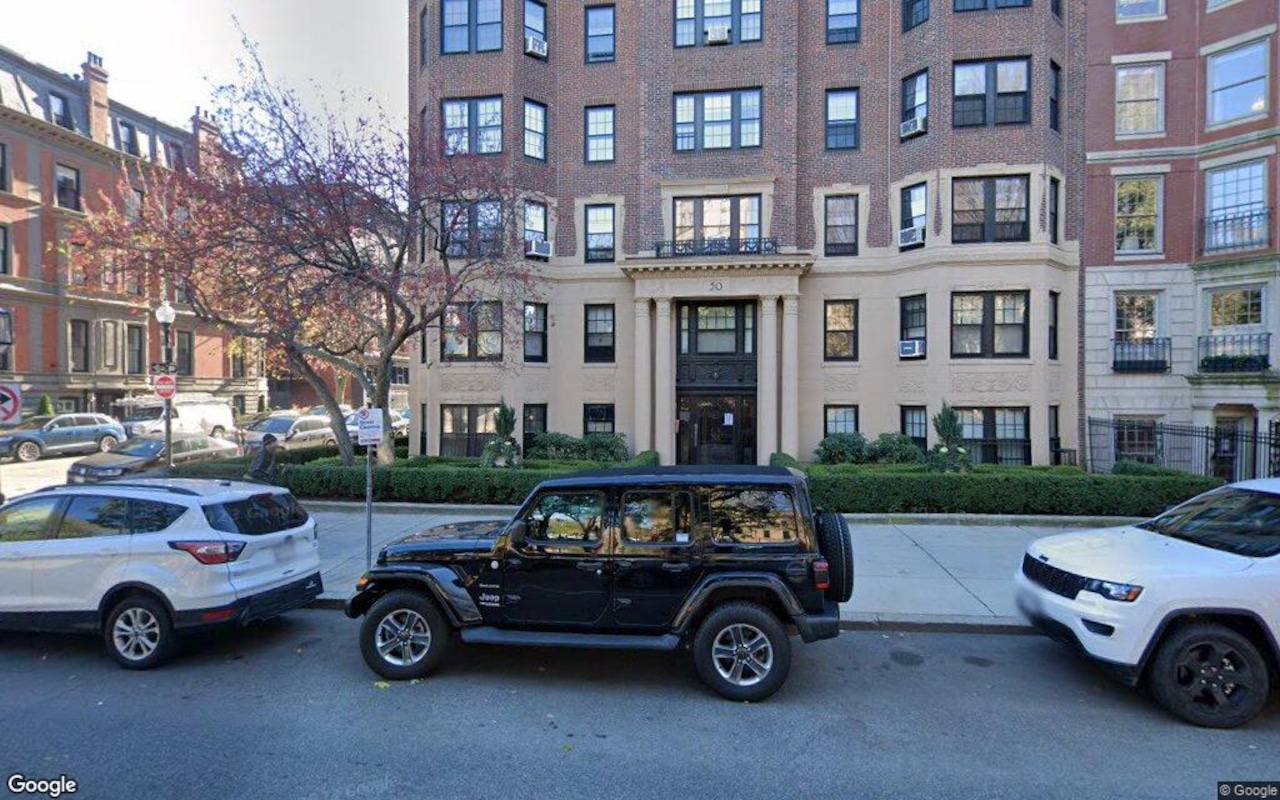
This story is part of MassLive’s ongoing housing court guide series. You can read other stories in the series here.
Affidavit: A written statement that includes facts the writer or signer, known as the affiant, swears are true to the best of their knowledge. In general, the information included in an affidavit is something the affiant personally witnessed or has knowledge of, not something they were told by another person. Writing an affidavit is the same as making a sworn statement in court, in that sharing information you know to be false comes with the potential of penalties for perjury.
Answer: A response from the defendant in a civil case after the case is filed against them.
Civil case: A court case that deals with a disagreement between two parties, rather than a criminal act. Housing court cases such as evictions are civil cases.
Complaint: The plaintiff’s initial filing in a civil case introducing the reason they are filing the case.
Continue: To postpone. If a court hearing is continued, it is rescheduled to a later date.
Counterclaim: A claim made by the defendant in a case against the plaintiff. A counterclaim is not a defense but a separate claim that may reduce the plaintiff’s claims. In an eviction case, counterclaims by the tenant could include poor conditions or sanitary issues at the home, which would reduce the amount of money owed to the landlord.
Cure: To resolve. For example, if an eviction is filed because the tenant owes rent to the landlord, the tenant can cure the complaint by paying the amount owed.
Default: An automatic judgment of a court case. If you do not appear in court on the day you are scheduled to do so, you may default and automatically lose the case.
Defendant: The person or party in a civil court case against whom the case was filed against. In an eviction case, the tenant is the defendant.
Discovery: A request for more information or documents. Before trial in a court case, the parties may request discovery for documents such as mailings, e-mails, text messages, photos or other information that they believe will help their case or explain what happened.
Docket: A record of the proceedings in a court case. Each case is assigned a docket number that is used to identify it, and is often required to file documents for that case. If you do not know the docket number for your case, the clerk’s office should be able to look it up for you.
Eviction for nonpayment: An eviction that is filed because the tenant owes rent to the landlord. If the tenant pays the amount owed, the case may be dismissed.
Execution: A document authorizing the landlord to remove a tenant from the property after an eviction case.
Exhibit: A piece of evidence shown in court.
Fault eviction: An eviction that is filed because the tenant broke the terms of the lease.
Impound: Remove from the public record. Documents or filings that are impounded can only be seen by the court and the parties involved in the case.
Indigency: An indigent person is someone on a low income or needing financial support. An indigent person may be eligible to have court fees waived or receive free legal aid or representation.
Injunction: An order from the court to do or stop doing something. For example, you can request an injunction to get your landlord to make repairs to your apartment or a temporary injunction to postpone an eviction.
Motion: An official request to the court. A motion may be filed by the plaintiff and/or defendant to request the case be dismissed, the other party be required to do something or many other actions be taken. A motion hearing may be held to specifically discuss the motion or the motion may be discussed in another hearing, and a judge will rule on whether to approve or deny the motion.
No-fault eviction: An eviction that is filed because the landlord wants the property vacated, not because the tenant did anything wrong. A no-fault eviction is often filed if the landlord has sold the building or wishes to renovate, increase the rent or have relatives or friends move in.
Notice to quit: A document instructing a tenant to leave the property and notifying them that the landlord intends to file an eviction case after the stated period of time has passed. A notice to quit may also be referred to as a “termination of tenancy,” “notice to vacate” or “eviction notice.” If you receive a notice to quit, you are not required to leave your home. Only a judge can order you to leave your home.
Plaintiff: The person or party in a civil court case that files the case. In an eviction case, the landlord is the plaintiff.
Pro se: Unrepresented in court. A defendant who does not have a lawyer and is representing themself is pro se.
Quiet enjoyment: The unwritten guarantee that you will be able to live in your home without being disturbed.
Receiver: In housing court, a receiver is usually a person or company appointed by the court to take control of a property to make repairs or collect rent in the landlord’s place.
Retaliation: Causing harm in response to a perceived harmful action. It is illegal for a landlord to retaliate against a tenant for requesting an inspection, organizing with other tenants or otherwise exercising their rights.
Stay of execution: Sometimes referred to as just a stay, this type of court order can postpone an eviction up to six months (or one year for elderly or disabled tenants) to give you time to find a new home.
Summary process: An eviction case.
Summons: A notice sent to the defendant in a case letting them know the case has been filed against them and when they must appear in court.
Tenant at will: When a tenant lives in a rental home without a lease or contract but with the landlord’s permission. A tenancy at will may also be referred to as a month to month tenancy.
Warranty of habitability: The unwritten guarantee that a landlord will maintain their property in livable, safe and healthy condition.






